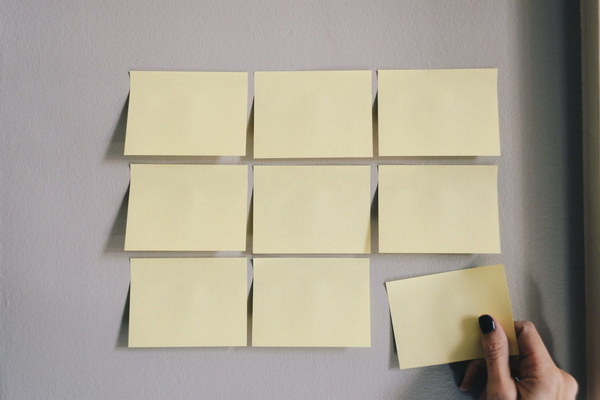Recharge Your Body Effective Strategies to Combat and Rebalance Internal Exhaustion
In the fast-paced world we live in, it's all too common to experience internal exhaustion—a state where our bodies feel drained and overwhelmed. This sense of fatigue is often not just physical but also mental and emotional. To reclaim your energy and vitality, here are several effective strategies to help you tackle and rebalance internal exhaustion.
1. Prioritize Sleep and Rest
One of the most fundamental steps in combating internal exhaustion is to ensure you're getting enough quality sleep. Adults generally need between 7 to 9 hours of sleep per night. Establishing a consistent sleep schedule and creating a relaxing bedtime routine can significantly improve your sleep quality.
- Create a Sleep-Conducive Environment: Keep your bedroom dark, cool, and quiet. Consider using blackout curtains, earplugs, or a white noise machine to enhance your sleep environment.
- Limit Screen Time Before Bed: The blue light emitted by electronic devices can interfere with your ability to fall asleep. Try to avoid screens at least an hour before bedtime.
- Mind Your Diet: Avoid heavy meals, caffeine, and alcohol close to bedtime, as they can disrupt your sleep patterns.
2. Incorporate Regular Physical Activity
Physical activity is a powerful tool in combating internal exhaustion. It boosts your mood, improves your sleep, and enhances your overall sense of well-being. Aim for at least 150 minutes of moderate aerobic activity or 75 minutes of vigorous aerobic activity each week, along with muscle-strengthening exercises.
- Find Activities You Enjoy: Whether it's walking, swimming, cycling, or yoga, choose activities that you look forward to doing.
- Start Small: If you're new to exercise, begin with small, manageable goals and gradually increase the intensity and duration.
3. Practice Mindfulness and Meditation
Mindfulness and meditation can help you manage stress and bring your attention back to the present moment, reducing feelings of internal exhaustion. Even a few minutes of mindfulness or meditation each day can make a significant difference.
- Meditation Techniques: You can try guided meditation, breathing exercises, or simply sitting quietly and observing your thoughts without judgment.

- Mindful Activities: Engage in daily activities with full attention, such as eating, walking, or gardening, to cultivate a sense of mindfulness.
4. Manage Stress through Relaxation Techniques
Stress is a major contributor to internal exhaustion. Learning relaxation techniques can help you manage stress levels and improve your overall sense of calm.
- Deep Breathing Exercises: Practice deep, diaphragmatic breathing to activate your body's relaxation response.
- Progressive Muscle Relaxation: Tense and then relax each muscle group in your body to release tension.
- Hot Baths or Showers: A warm bath or shower can provide both physical and mental relief from stress.
5. Maintain a Balanced Diet
Your diet plays a crucial role in how your body feels. A balanced diet rich in fruits, vegetables, whole grains, lean proteins, and healthy fats can provide the nutrients your body needs to function optimally.
- Hydration: Drink plenty of water throughout the day to stay hydrated, which can help prevent fatigue.
- Nutrient-Rich Foods: Incorporate foods that are high in vitamins, minerals, and antioxidants to support your body's energy levels.
6. Seek Professional Help if Needed
If you continue to feel overwhelmed by internal exhaustion, it may be time to seek professional help. A healthcare provider can assess your symptoms and offer guidance or treatment options, which may include therapy or medication.
By implementing these strategies, you can begin to tackle internal exhaustion and restore your body's balance. Remember, it's a gradual process, and it's important to be patient with yourself as you work towards a healthier, more energetic life.









